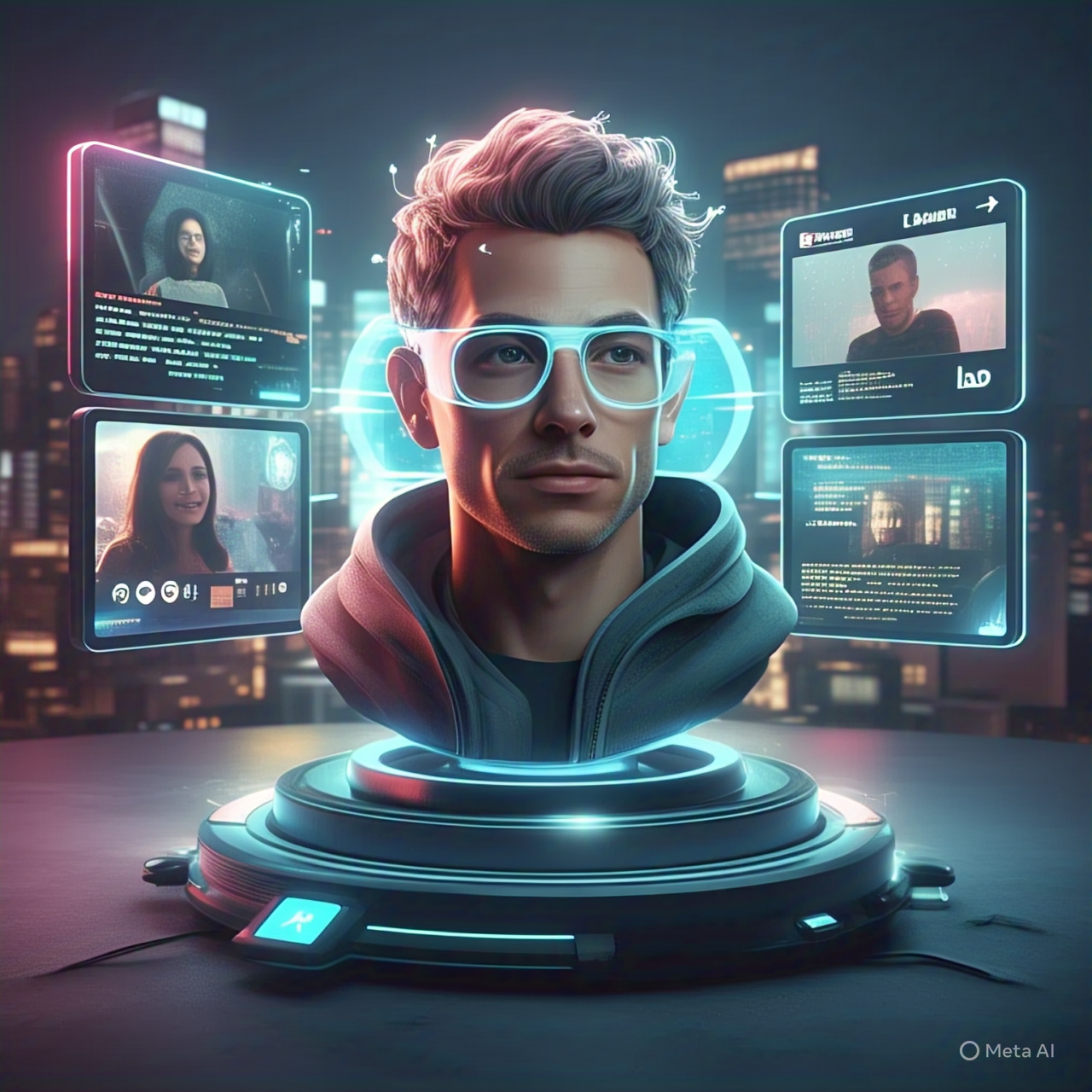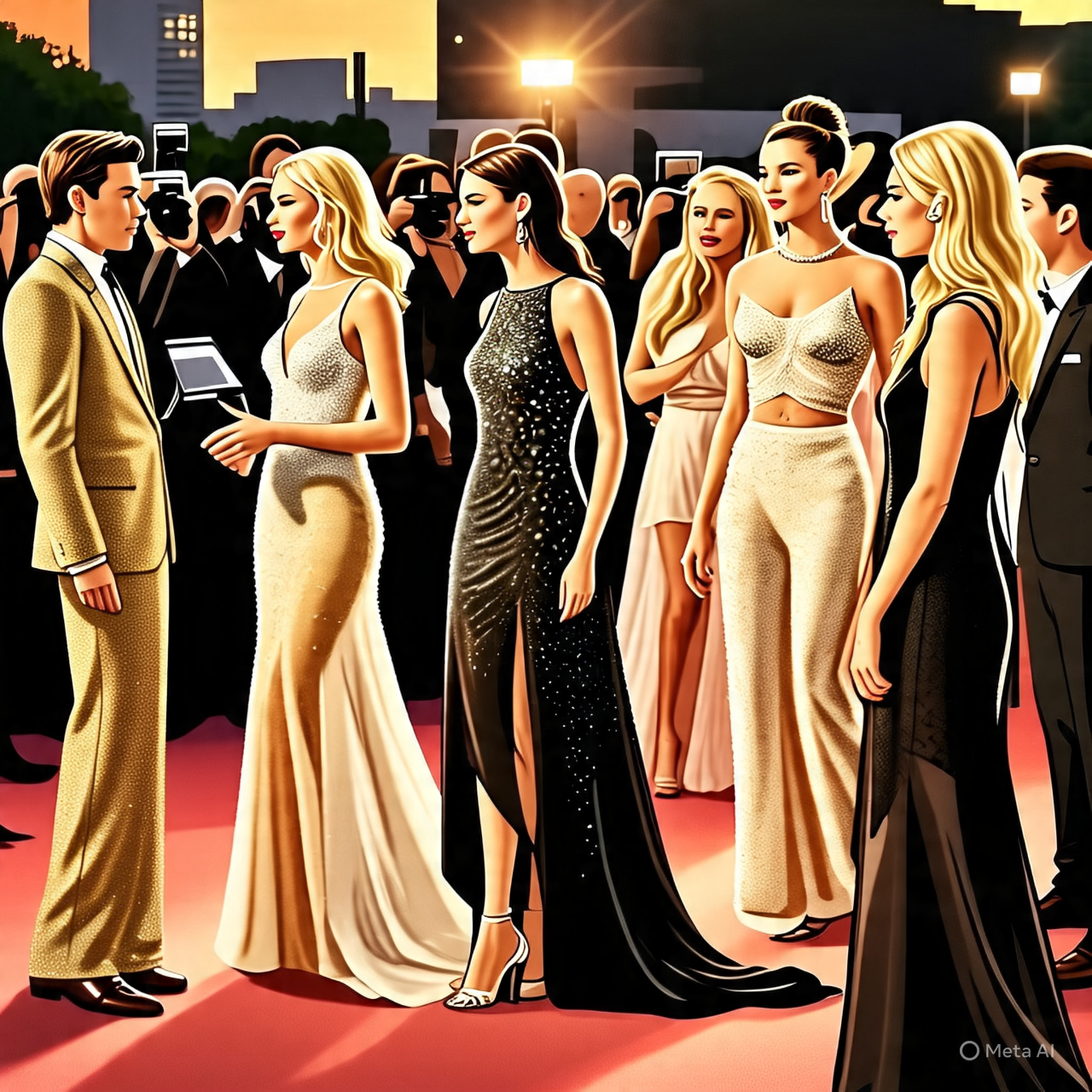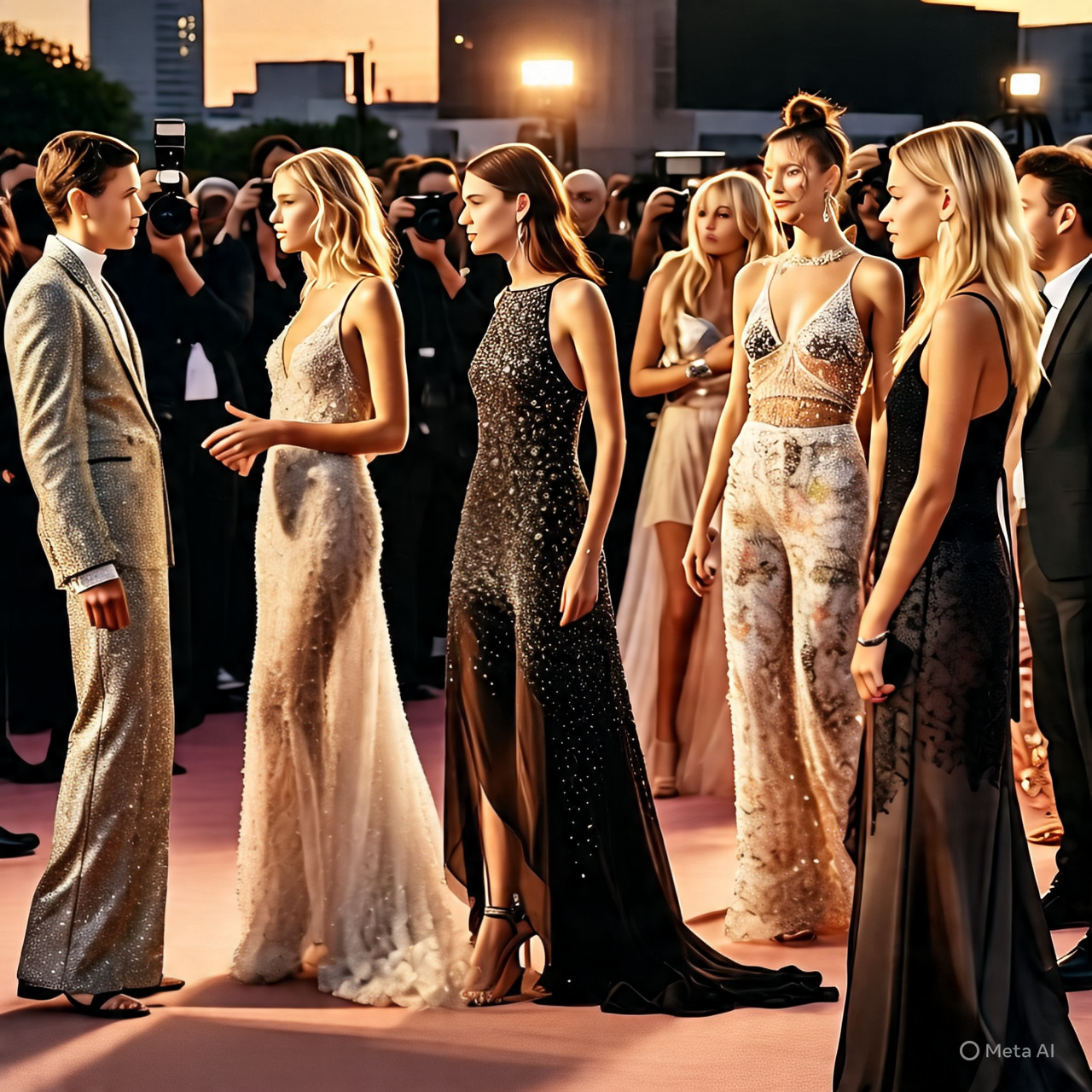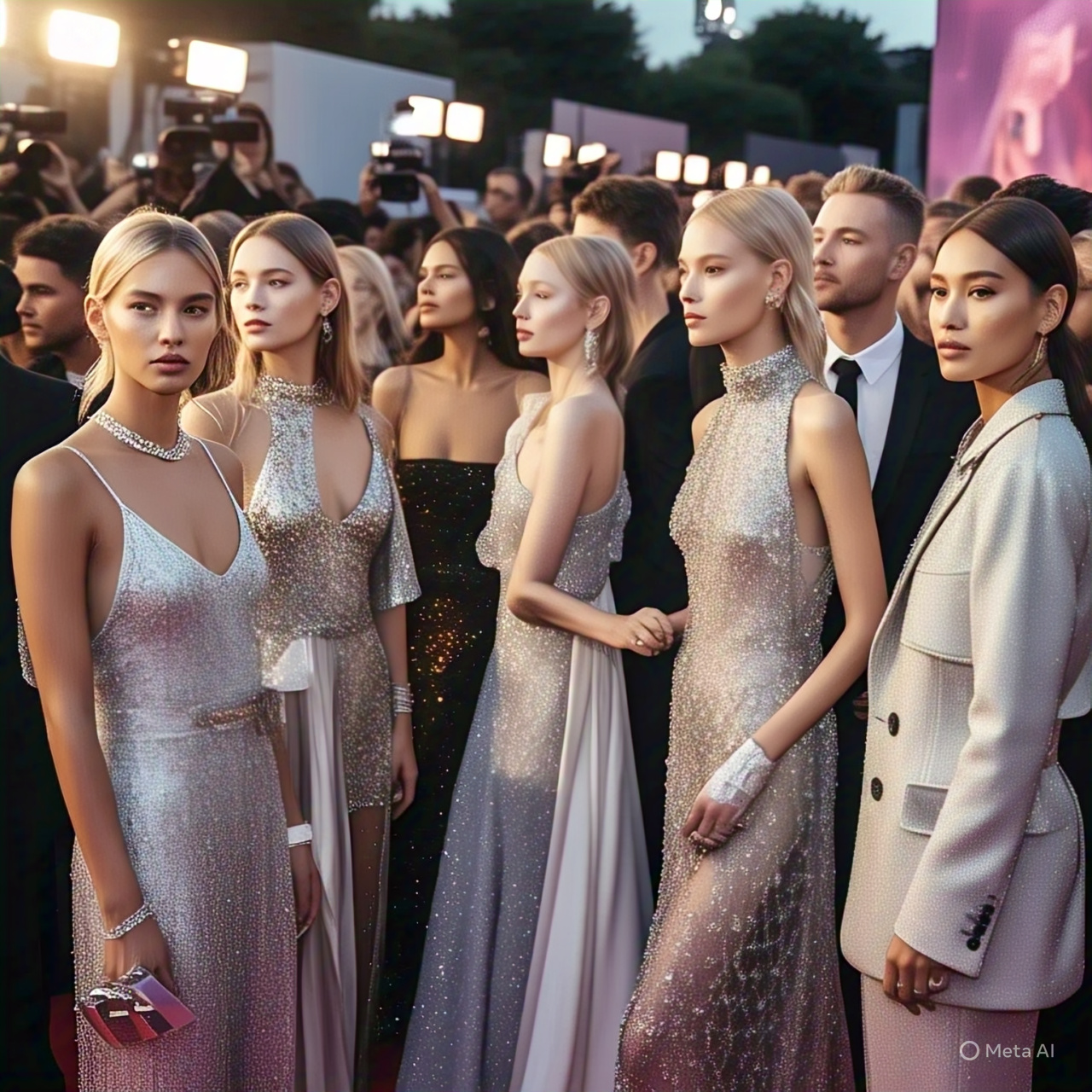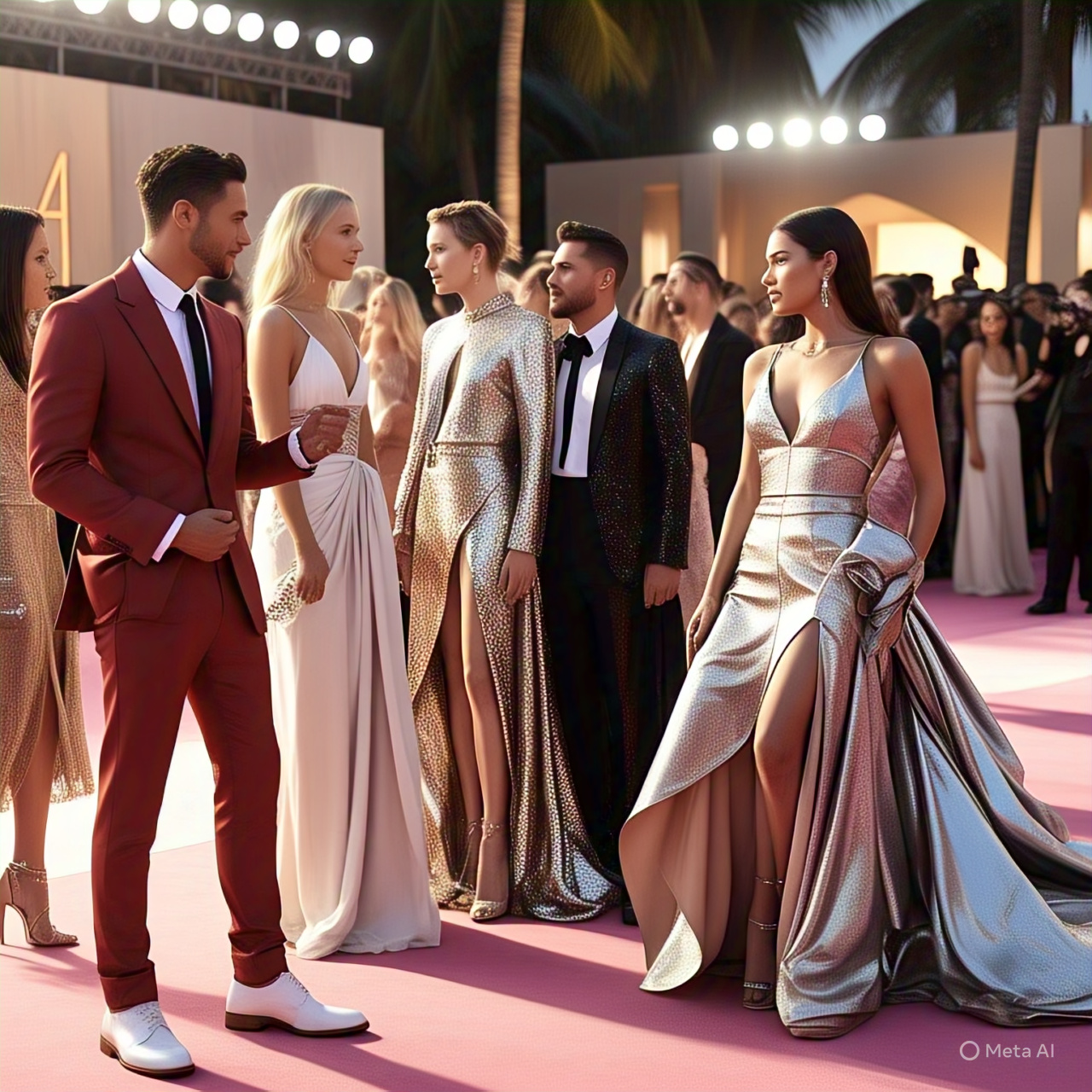Introduction
In 2025, the line between reality and fiction in celebrity culture has never been blurrier, thanks to the explosive rise of AI-generated deepfakes and virtual influencers. From viral fake videos to entirely digital stars, technology is transforming fame, fueling scandals, and sparking global debates about authenticity, privacy, and the future of entertainment.
What Are Deepfakes and Virtual Celebrities?
Deepfakes use advanced artificial intelligence to create hyper-realistic fake videos, voices, or images that can convincingly mimic real celebrities or invent entirely new digital personas. Virtual celebrities—AI-powered influencers with millions of followers—are now landing brand deals, starring in ads, and even releasing music, challenging the dominance of human stars.
Recent Deepfake Scandals and Cases
High-Profile Incidents
- Fake Videos of Taylor Swift & Billie Eilish: Recent deepfake videos depicting these stars in fabricated scenarios have gone viral, leading to public outrage and legal threats.
- Scarlett Johansson’s AI Lawsuit: Johansson and other celebrities have taken legal action against companies using their likeness in unauthorized AI-generated ads.
- Steve Harvey’s Deepfake Endorsements: Harvey publicly denounced fake AI videos that misused his image for scam promotions.
These incidents highlight the urgent need for legal protections and raise questions about the future of celebrity privacy and reputation management.
The Business of Virtual Fame
How Brands and Studios Are Leveraging AI
- Digital Influencers: AI personalities like Kizuna AI and Maya Gram have become global marketing sensations, collaborating with luxury brands and amassing millions of followers.
- Virtual Actors in Movies and Ads: Studios are using AI to create digital actors for films, commercials, and even live performances, reducing costs and expanding creative possibilities.
- Music and Fashion: Virtual pop stars are releasing chart-topping singles, while digital models are walking virtual runways for major fashion houses.
Economic Incentives and Risks
- For Celebrities: Some stars are licensing their digital likeness for virtual concerts and endorsements, creating new revenue streams.
- For Brands: AI-generated content enables rapid, scalable marketing but also carries risks of backlash if consumers feel deceived.
Legal and Ethical Battles
- Copyright and Digital Rights: Lawmakers and celebrities are pushing for stricter regulations to protect personal likeness and intellectual property in the age of AI.
- Detection Tools: Tech companies are racing to develop AI-detection tools to identify and flag deepfakes before they go viral.
- Industry Guidelines: The entertainment industry is establishing new standards for transparency and consent in digital content creation.
How Fans and the Industry Are Responding
- Public Reaction: Fans are increasingly wary of viral videos, demanding proof of authenticity and transparency from celebrities and brands.
- Authenticity Movement: There’s a growing demand for “realness” in celebrity content, with audiences craving genuine, unfiltered moments over AI-generated perfection.
- Celebrity Responses: Some stars are embracing AI, using it for creative projects, while others are fighting back with lawsuits and public statements.
What’s Next for Celebrity Culture?
- Rise of Virtual Celebrities: Experts predict that digital stars will continue to grow in influence, potentially outshining some real-life celebrities in certain markets.
- Deepfake Scandals: As technology advances, expect more high-profile incidents, legal battles, and calls for regulation.
- Hybrid Fame: The future may see collaborations between human and virtual celebrities, blending authenticity with innovation for new forms of entertainment.
Table: Key Trends in AI and Celebrity Culture 2025
| Trend | Why It Matters | Example/Reference |
|---|---|---|
| Deepfake scandals | Threaten celebrity privacy, spark legal action | Taylor Swift, Billie Eilish |
| Virtual influencers | New marketing powerhouses, huge online followings | Kizuna AI, Maya Gram |
| AI in entertainment | Digital actors, virtual concerts, creative freedom | Movies, ads, music |
| Legal/ethical debates | Push for new laws, detection tools, industry rules | Scarlett Johansson, Steve Harvey |
Conclusion
The deepfake and virtual celebrity revolution is rewriting the rules of fame in 2025, creating new opportunities and challenges for stars, brands, and fans alike. As technology evolves, the entertainment world must balance innovation with ethics, authenticity, and legal protection to ensure a future where both real and virtual celebrities can thrive.








